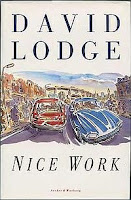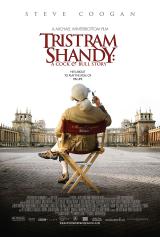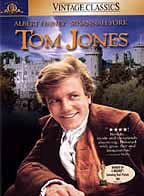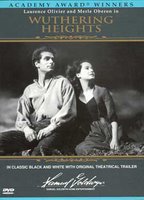Since this is my writing day I’m sitting around in my nightie, listening to a CD of music by (mostly) Bach that I bought almost three weeks ago, and seeking inspiration of many kinds. And in case you’re wondering about the rest of my writing day it will consist of taking old paint cans to a recycling depot, getting a pedicure (it’s about time, they’re disgusting) and going to my local romance writers’ chapter meeting, where the lovely and smart Stephanie Dray aka Draven will be speaking. Well, it almost counts as writing, doesn’t it?
Today’s birthdays include those of William Jenner, who developed the polio vaccine, and you can see my earlier post about him here (the contest is long since closed, sorry). Also it’s the birthday of the unhappy wife of Prinny, Queen Caroline, and I thought about bloggin about her, but lord, it’s a depressing and sordid story where no one behaves well and stars two of the most unlikable protagonists ever. I know there’s been some talk about celebrating the “real” start of the Regency–2012 is the 200th anniversary of when Prinny officially took over–but I don’t know that it’s much to celebrate.
So I guess it’s time for a rant.
Mantitty.
We’re still in the era of mantitty. Several decades ago when I came of age, many of us were adamant about the gratuitous use of images of women’s bodies to sell … just about anything. We thought it showed disrespect, it categorized women as bimbos, it meant we were marginalized. And now god help us all over the web our eyes are assaulted daily by those waxed, buffed, hairless, overmuscled images that represent romance. Most of them don’t even look like human beings.
Now come on, confess. Do you really find them sexy? All that static perfection? I think I could take the waxed, buffed, hairless, overmuscled glory of it all if they were actually doing something–like moving. However, the worst ever has to be the Porn for Women book. What is remotely sexy about a man doing housework? Sure, it’s nice. But (1) why should a guy doing chores be something out of the ordinary, and (2) if the title is Porn for Women, why doesn’t it deliver? That’s not porn in my books (or on my internet). As a joke it falls flat in all respects.
Here’s an excerpt from one of my favorite novels, Nice Work by David Lodge. The main characters are Robyn Penrose, a feminist lecturer who specializes in the industrial novel (lots of North and South references) and industrialist Vic Wilcox, and it’s set in the 1980s. Here’s a discussion of the calendar Vic’s company produces:
“What about a bit of prick and bum, too?” said Robyn.
Everthorpe looked satisfyingly taken aback. “Eh?” he said.
“Well, statistically, at least ten percent of your customers must be gay. Aren’t they entitled to a little porn too?”
“Ha, ha,” Everthorpe laughed uneasily. ‘Not many queers in our line of business, are there, Vic?”
Wilcox, who was following this conversation with amused interest, said nothing.
“Or what about the women who work in the offices where these calendars are stuck up?” Robyn continued. “Why should they have to look at naked women all the time? Couldn’t you dedicate a few months of the year to naked men? Perhaps you’d like to pose yourself, along with Tracey?”
Vic Wilcox guffawed.
“I’m afraid you’ve got it wrong, darling,” said Everthorpe, struggling to retain his poise. “Women aren’t like that. They’re not interested in pictures of naked men.”
“I am,” said Robin. “I like them with hairy chests and ten-inch pricks.” Everthorpe gaped at her. “You’re shocked, aren’t you?”
Do you find mantitty covers sexy? Not sexy enough?
What do you find sexy in real life?









